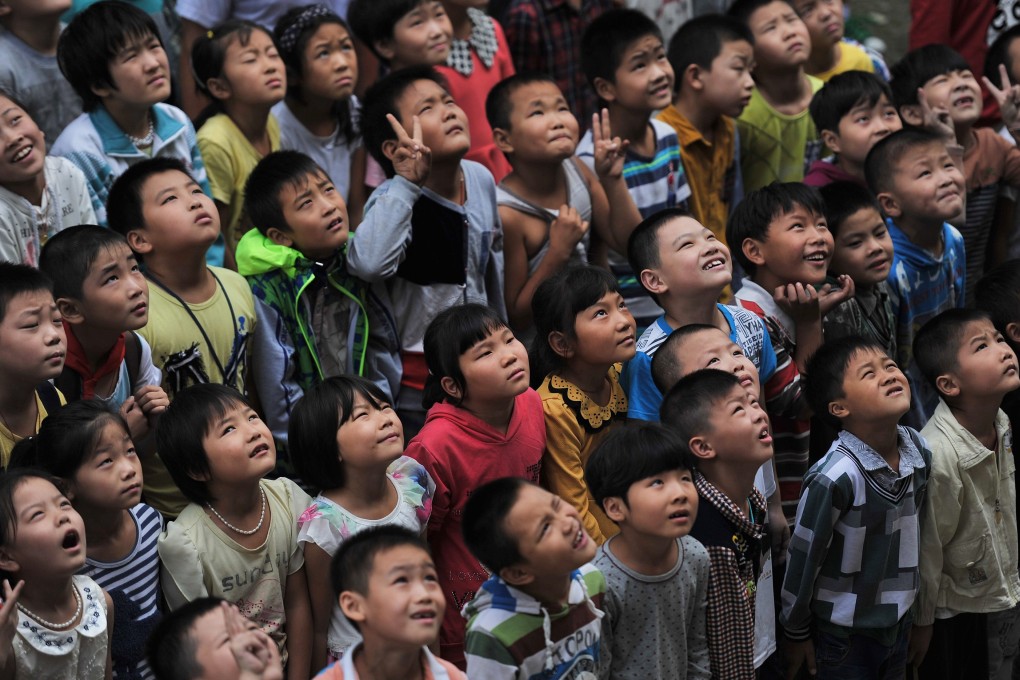Lack of school support for China's migrant children a crying shame
Lijia Zhang says the social and emotional costs of keeping families separated are too high to bear

The start of a new school year should be a joyful time. Instead, in Beijing, it has heralded tears and painful family separations: the children of migrant workers who failed to secure a place at a local school have been forced to leave.
The family of my neighbour, Mr Ma, a self-employed electrician, is among those affected. His wife has just taken their seven-year-old daughter, Qiuyu, and her visiting brother, Xiaobao, back to their home village outside Datong , in central Shanxi province.
Qiuyu had been at home for nine months, after her private unlicensed kindergarten run by a fellow migrant was shut down by the authorities who said it lacked safety measures.
My neighbourhood in Jiuxianqiao village is populated by migrant workers. In recent months, the Mas visited dozens of primary schools in the area. All migrant schools seem to have closed and all state schools demanded five documents, including a temporary resident permit, rental contract and proof of employment. Mr Ma had none of them.
He said at least 10 families he knows have met the same fate. In fact, the rules surrounding schooling of migrant children have been tightened, according to a recent report in Wen Wei Po, which claimed that around 10,000 migrant children have been unable to attend state-run schools after failing to provide the required documents. A small percentage may fight on, forging documents, paying sponsorship where required, or even bribes. Most families, however, will have to say goodbye to their children as they return to their rural homes, usually to be taken care of by grandparents.
Ever since China's reform and opening up, some 260 million people have migrated from villages to cities in search of a better life. One of the biggest negative effects of the "greatest migration in human history" has been, in my view, the "left-behind children" phenomenon. There are estimated to be more than 60 million of them.
China's hukou or family registry system, introduced by Mao Zedong in the 1950s as a way to control the flow of population, divides China into a rural and urban population, with the latter enjoying much better access to education, health care and other social services. At first, migrant children were not even allowed to enter local schools. Slowly, restrictions were relaxed, but many obstacles remain and migrant schools exist precariously in a grey area.